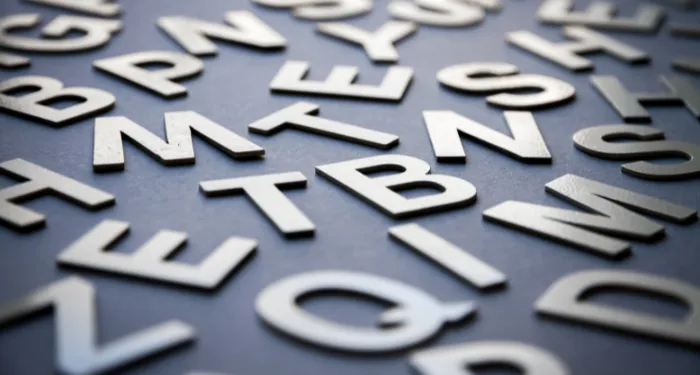
Dictionary.com’s Word of the Year Reflects the Limitations of AI
We’ve gotten Merriam-Webster’s word of the year for 2023 as well as Oxford’s, and now we have Dictionary.com’s pick! Perhaps unsurprisingly for a dictionary at home on the internet, it has more of a focus on technology than the other dictionaries’ picks. Dictionary.com’s 2023 Word of the Year is “hallucinate.”
While “hallucinate” has multiple meanings, what brought it into the spotlight in 2023 was a new meaning: “(of artificial intelligence) to produce false information contrary to the intent of the user and present it as if true and factual.”
This choice reflects editors’ belief that “AI will forever change how we work, learn, create, interact with (mis)information, and think about ourselves.” Unlike much of the breathless reporting on the potential of AI, though, choosing this word highlights the limitations of AI as we know it now.
“Hallucinate” saw a 45% increase in the lookups of its meaning on Dictionary.com in 2023. Use of the word online increased 85% this year.
Dictionary.com also named five runner-ups of words that “represent the intersection of language with some of the year’s most significant events and trends.” The short list is “strike,” “rizz,” “wokeism,” “indicted,” and “wildfire.”
Read more about the editors’ process in picking word of the year at Dictionary.com.
Find more news and stories of interest from the book world in Breaking in Books.
More breaking news here
- The Most Popular Summer Releases, According to Libby
- The Most Read Books on Goodreads in June 2025
- Check Out the Trailer for I WISH YOU ALL THE BEST, a Queer YA Adaptation
- The Best New Books of July, According to Indie Booksellers
- The Most Read Books on Goodreads This Week
- The Bestselling Books of the Week, According to All the Lists
- Daisy Edgar-Jones Has Been Cast to Star in Sense and Sensibility
- The 2025 Boston Globe-Horn Book Awards Are Here
- Read The Best of SFF: The 2025 Locus Award Winners Are Here
- The Most Read Books on Goodreads This Week












